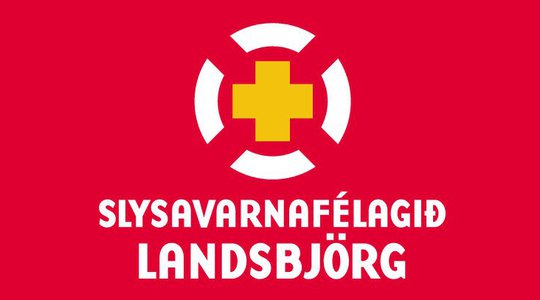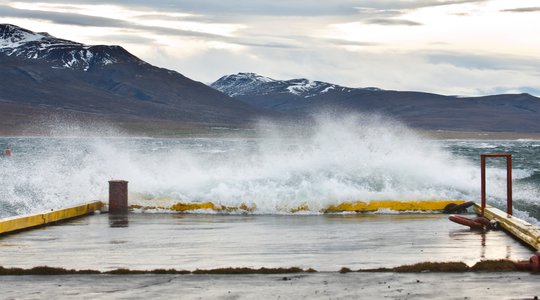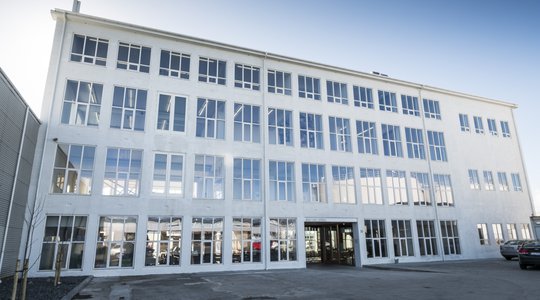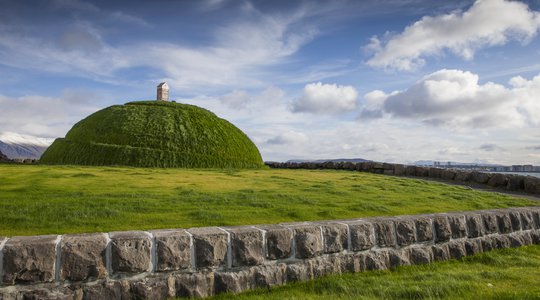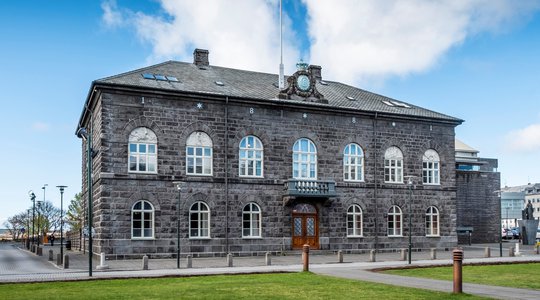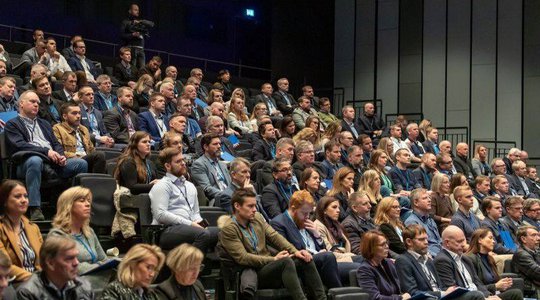SOCIAL AND COLLABORATIVE PROJECTS
Brim actively participates in promoting development and progress in the community by supporting a variety of worthy causes. The projects are diverse, and through them, Brim supports projects such as search and rescue operations, cultural activities and innovation and education relating to the fishing industry.
Brim supports selected projects, i.e. those that support the community, protect the environment and increase innovation. The grants go to NGOs and companies that promote positive social development. Grant applications are sent to the company through its website, where its grant committee processes the request.
- Environmental issues
- Safety and accident prevention
- Social issues
- Culture and the arts
- Strengthening the economy
- Education and innovation
- Sports, youth activities and preventative measures
ENVIRONMENTAL PROJECTS

CLIMATE GOALS DECLARATION
Brim, together with 103 other Icelandic companies and public bodies, signed a declaration on climate issue goals on 16 November 2015 in Höfði. The declaration was delivered in connection with the UN Climate Conference held in Paris in December 2015. The City of Reykjavík and Festa, the Icelandic Centre for Corporate Social Responsibility, have supervised the companies’ declaration. The goals of the climate project are to:
- reduce greenhouse gas emissions,
- reduce waste generation,
- measure performance and regularly publish information on the above aspects.

Arctic Circle
Brim is one of the sponsors of the Arctic Circle Assembly. Arctic Circle is an open democratic platform with participation from governments, organizations, corporations, universities, environmental associations and others interested in the development of the Nordic region and its consequences for the future of the globe. As such, Arctic Circle is the largest platform of its type in the world. The Chairman of the Arctic Circle is Ólafur Ragnar Grímsson, former President of Iceland.

BRIM JOINS THE BLUE ARMY
Brim hf. has become the main sponsor of the Blue Army environmental organization. The Blue Army has been active for 25 years and focuses on the fight against plastic pollution in the sea through clean-up work along the country's shores and through encouragement and raising awareness. Brim will support the association's operations with financial contributions and professional involvement in promotion and marketing in order to increase the environmental association's visibility. Brim will also participate directly in the Blue Army's projects with its own clean-up day at least once a year where the shores will be walked and cleaned.
Kristján Davíðsson, Chairman of the Board of Brims, and Tómas J. Knútsson, founder of the Blue Army, signed a sponsorship and collaboration agreement.

Þjóðþrif
Brim signed an agreement on Þjóðþrif with Pure North Recycling in the year 2020. With the agreement, Brim commits to recycling all plastic in Iceland, instead of landfilling or recycling abroad.
All disposable clothing in Brim's processing is already being sorted and sent for recycling, where before it was disposed of as there was no channel for dirty plastic.
